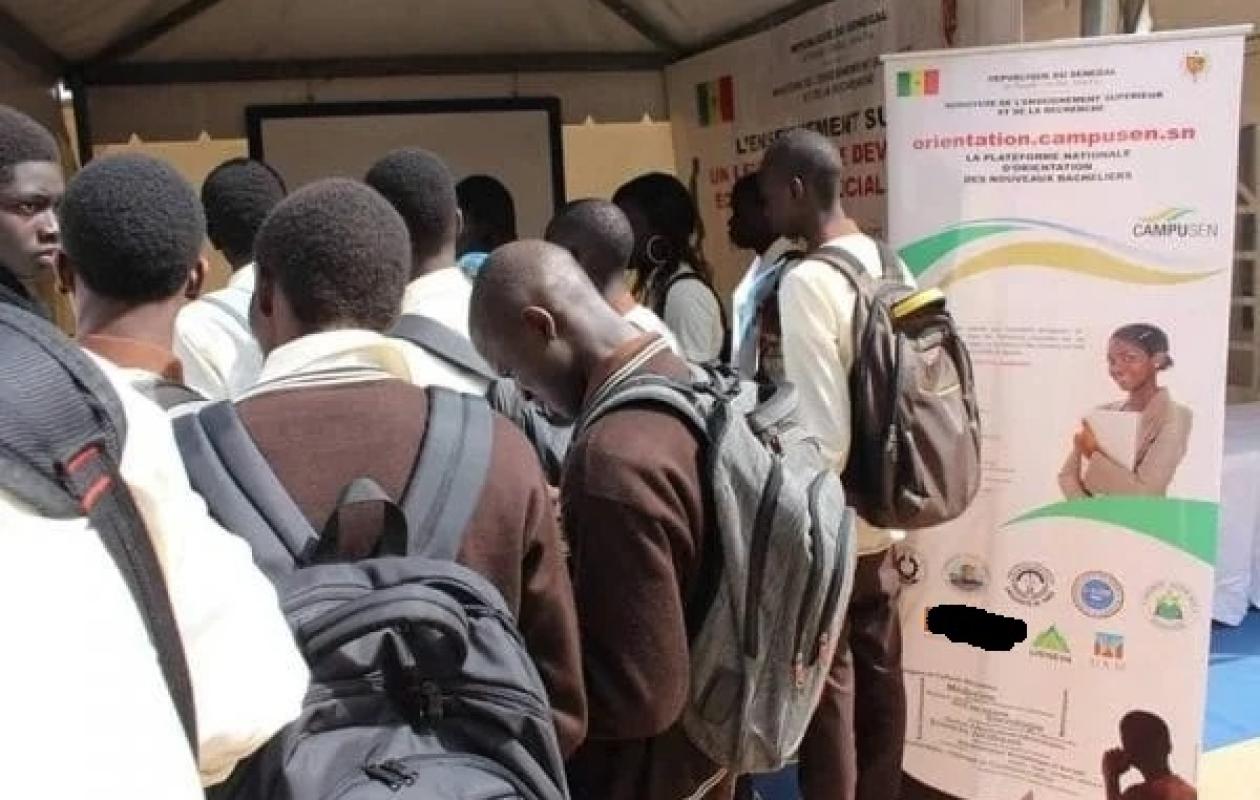
Études supérieures : Le Pr. El Hadj Oumar Thiam plaide pour un changement de paradigme au Sénégal
The Director of Studies and Cooperation at the Directorate General of Higher Education (DGES/MESR), Professor El Hadj Oumar Thiam, called for an overhaul of the university training model in Senegal, in order to better meet the challenges of youth employment.
Speaking at the CESAG 2025-2026 opening ceremony, Professor Thiam stressed the need for a "paradigm shift" in the face of the rapid growth of the student population.
“The rapidly growing and young student population in Senegal is forcing us to shift our paradigm by prioritizing short-term vocational training that meets the pressing employment needs of young people in collaboration with the private sector. The goal is to reduce excessively long university studies and promote the employability of our youth. We want to have young people with the skills to be able to work,” he said.
According to him, this approach aims to adapt higher education to the realities of the labor market and to strengthen the links between universities, training institutes and the productive sector.
The ceremony, marking the official start of the new academic year at CESAG, also featured the inaugural lecture by Professor Esther Duflo, winner of the 2019 Nobel Prize in Economics and a professor at the Massachusetts Institute of Technology (MIT). Her presentation focused on the theme "The Role of Evidence in Policymaking."
Commentaires (3)
c'est un plus pour le prestige du CESAG
Participer à la Discussion
Règles de la communauté :
💡 Astuce : Utilisez des emojis depuis votre téléphone ou le module emoji ci-dessous. Cliquez sur GIF pour ajouter un GIF animé. Collez un lien X/Twitter, TikTok ou Instagram pour l'afficher automatiquement.